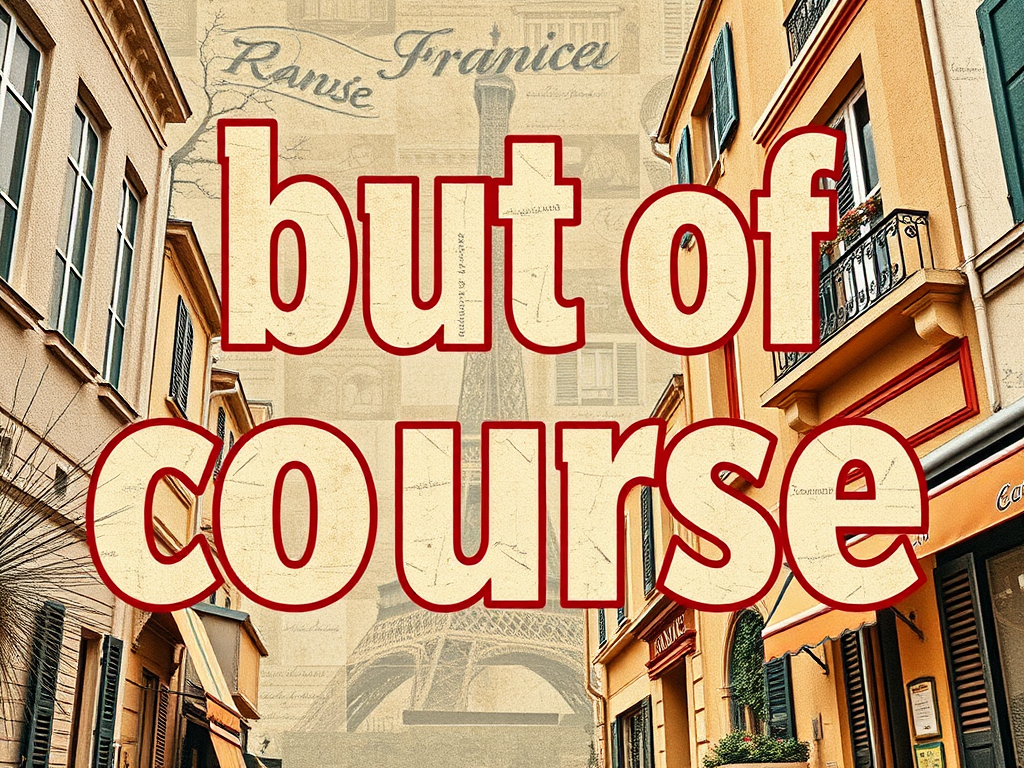Friend in French

In French, the most common word for "friend" is ami (masculine) or amie (feminine). This versatile term can be used in both formal and informal contexts, making it suitable for a wide range of situations. French, like many languages, offers various ways to express friendship, from casual acquaintances to close confidants.
Formal and Informal Ways to Say Friend in French
Formal
In formal settings, you might use:
- Mon ami / Mon amie - My friend
- Un camarade - A comrade (often used in professional or academic contexts)
Example: "Monsieur Dupont est un bon ami de la famille." (Mr. Dupont is a good friend of the family.)
Informal
For casual situations, you can use:
- Pote - Buddy (masculine)
- Copain / Copine - Friend (masculine/feminine, often implies a closer relationship)
Example: "On va prendre un verre avec mes potes ce soir." (We're going for a drink with my buddies tonight.) 🍻
Slang
French slang offers even more options:
- Mon pote - My mate
- Mon gars - My dude (very casual, masculine)
Example: "T'es un vrai pote, merci !" (You're a true mate, thanks!) 🤜🤛
French Friendship Terms in Context
Here's a helpful table summarizing the different ways to say "friend" in French:
| English | French | Pronunciation (IPA) |
|---|---|---|
| Friend | Ami / Amie | /ami/ |
| Buddy | Pote | /pɔt/ |
| Pal | Copain / Copine | /kɔpɛ̃/ / /kɔpin/ |
| Comrade | Camarade | /kamaʁad/ |
| Mate | Mon pote | /mɔ̃ pɔt/ |
Remember that context is key when choosing the right term. While ami is universally accepted, using slang terms like pote in a formal setting might be inappropriate. Conversely, using camarade with close friends might sound too stiff.
Learning these various terms for "friend" in French will help you navigate social situations more confidently and express the right level of familiarity in your relationships. Whether you're making new friends in a French-speaking country or simply want to impress your French teacher, mastering these friendship terms is a great step towards fluency! 🇫🇷👬👭






